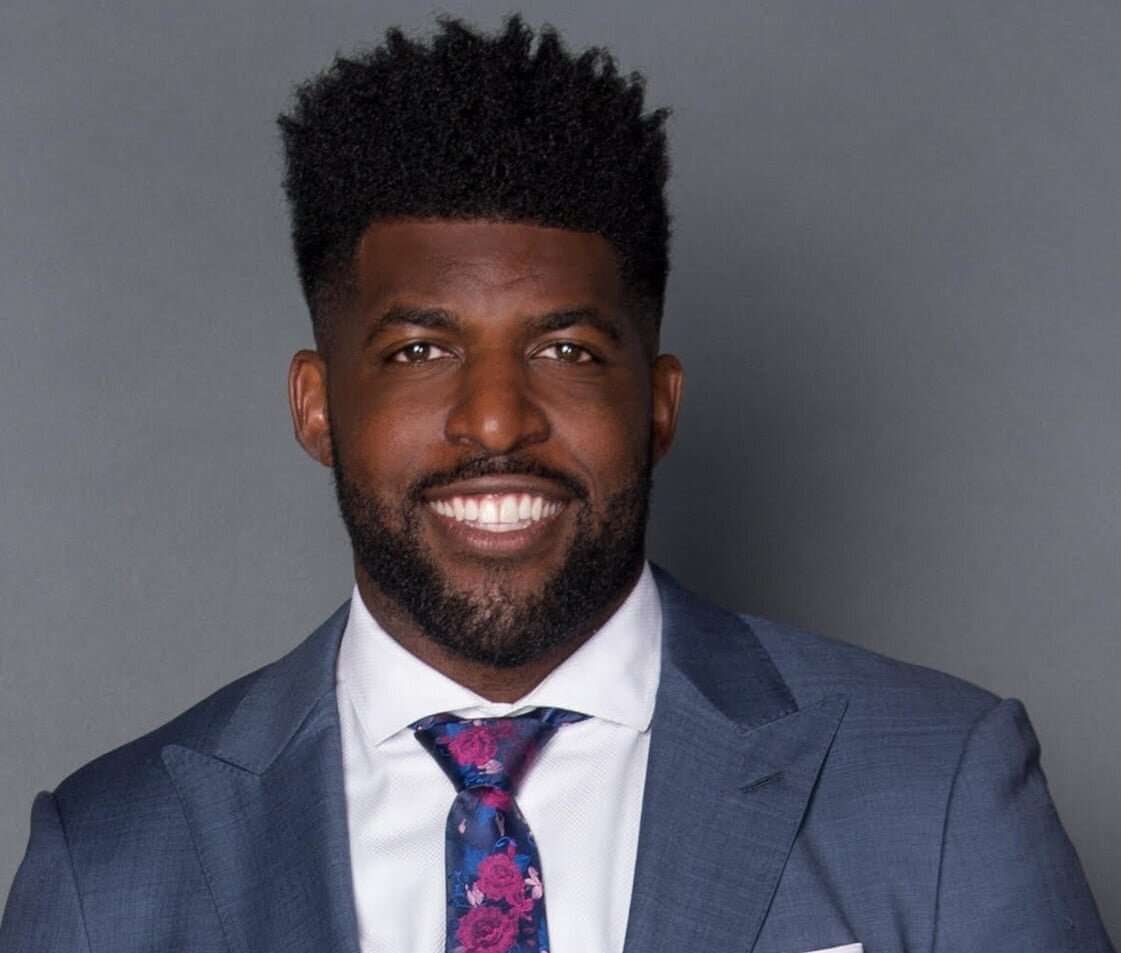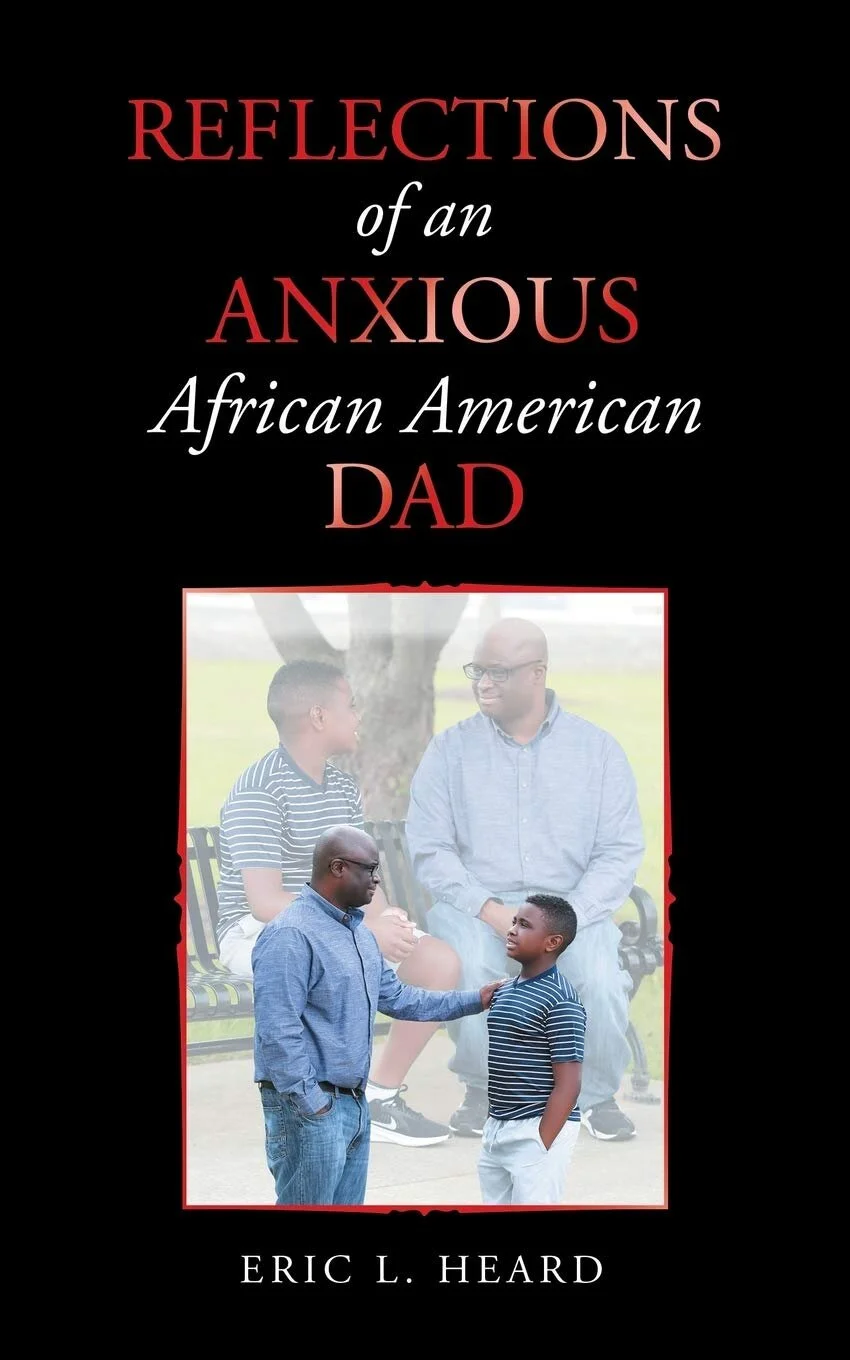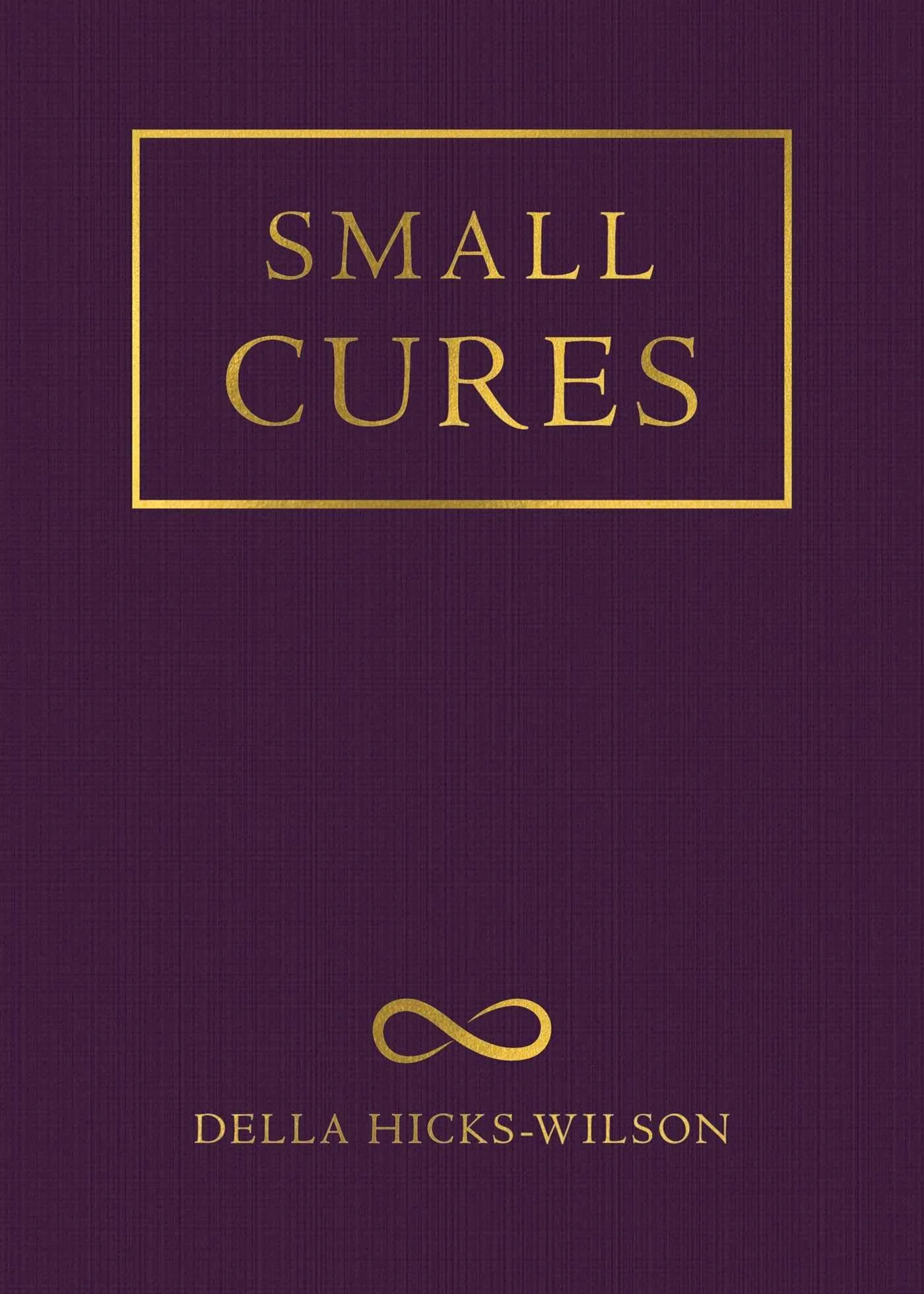Review: Black Writing for the White Gaze and Taking In "Uncomfortable Conversations"
By: Deborah Harris
Why would anyone want to read a book knowing they would be confronted, albeit in text, by something that at a minimum would make them feel, as the title implies, “uncomfortable” or possibly upset or even angry? Considering the civil unrest and social justice protests over police killings of unarmed Black men in the United States, particularly over the last few years, I find Acho’s title selection both intriguing and timely.
Having meaningful and ultimately productive conversations with someone of a different race and life experience in a country deeply divided in its perspective on race, religion, politics, and many other areas is a lofty goal. However, setting lofty goals is an American trait, and the United States has had plenty of moments reflective of a country moving towards racial harmony and understanding. In 2008, we elected our first Black President, and in 2020 the first woman of African and Asian descent was elected to serve as Vice President of the United States.
Emmanuel Acho | Photograph: Frank Micelotta/Fox Sports via theguardian.com
Originally planned as a series of videotaped conversations, Uncomfortable Conversations with a Black Man is written as a teaching tool or guidebook for whites seeking to engage in cultural and historical discussions on race in America. I agree there is great value in these conversations, and I also believe that having sincere dialogue requires a willingness to understand the person’s perspective with whom you are communicating. Can Acho’s approach serve as an opportunity for white America to more deeply understand the path Black America has gone through to create significant historical moments that, hopefully, we all can appreciate? Of that, I am not sure.
When I read the first line of the introduction to the book, “Dear white friends,” I felt perhaps there was not much I, as a Black female, would benefit from reading Acho’s work. Regardless, I put that thought aside and dove in. As expected, no taboo topic was left untouched. From white privilege to the “N” word, each culturally and racially sensitive topic was covered with no apologies in its directness. Acho followed up each discussion point with recommendations on approaching the subject and gaining greater understanding.
Uncomfortable Conversations is a rallying call to people who consider themselves allies for social justice and Black people’s plight in this country. The book attempts to provide tangible and practical lessons on how to be anti-racist, not just non-racist, with actions people can take to improve or create better outcomes.
To make his points resonate, Acho draws on the work of many known and unknown authors, poets, and directors who have written or created films on race and racism. James Baldwin, Toni Morrison, Cornell West, and Ava DuVernay are a few of the more well-known references and sources of his inspiration. Less familiar names, Robin DiAngelo and Frances E. Kendall, are noted as influential voices.
Just as a guidebook provides terms of reference, in his book Acho defines and provides context on Black terms and expressions like the durag, “Black don’t crack,” and why all Blacks know the value of lotion. He even makes a valiant attempt to de-mystify Black women’s hair.
Having read more than my fair share of books on race and racism in this country, I was left somewhat disappointed after finishing this one. So I asked myself, “Why?” I had to go back to whom Acho intended as an audience for the book: a white person who wants to understand and eradicate racism. I submit, one must first acknowledge that racism exists before one can go about supporting its eradication. That many people don’t is why I find it difficult, yet not impossible, to imagine this particular book will achieve Acho’s goal.
Acknowledging that historical events in this country intentionally benefited one race and intentionally disadvantaged another race is difficult for white Americans to accept as a foundational truth. While I have seen a few well-known white movie stars and talk show hosts openly acknowledge their privilege, I have yet to meet a white person who can even state that “perhaps” their race may have given them a level of privilege or advantage in this country.
I hope my cynicism is totally refuted, and Acho’s book truly opens the door for some heartfelt and meaningful conversations on the topic of race and racism in America. This country has taken quite a few hard hits in its quest for true racial equality and a more perfect union, and thus far, America has proven itself to be resilient. While not as hopeful as the author, I do believe the last line of Acho’s book describes our collective challenge succinctly. “Ending racism is not a finish line we will cross. It is a road we will travel.”
UNCOMFORTABLE CONVERSATIONS WITH A BLACK MAN. EMMANUEL ACHO.
2020. Flatiron Books: An Oprah Book: 256 PAGES. HARDCOVER $ 25.75
A new author in the area of children’s literature, Deborah Delois Harris published Amaris Great Adventures: The Magical Playground in October of 2018. Focusing on increasing the number of books featuring African Americans as the main characters, Deborah plans to write books that are fun for children and their parents and culturally representative of African Americans and their diverse backgrounds.







